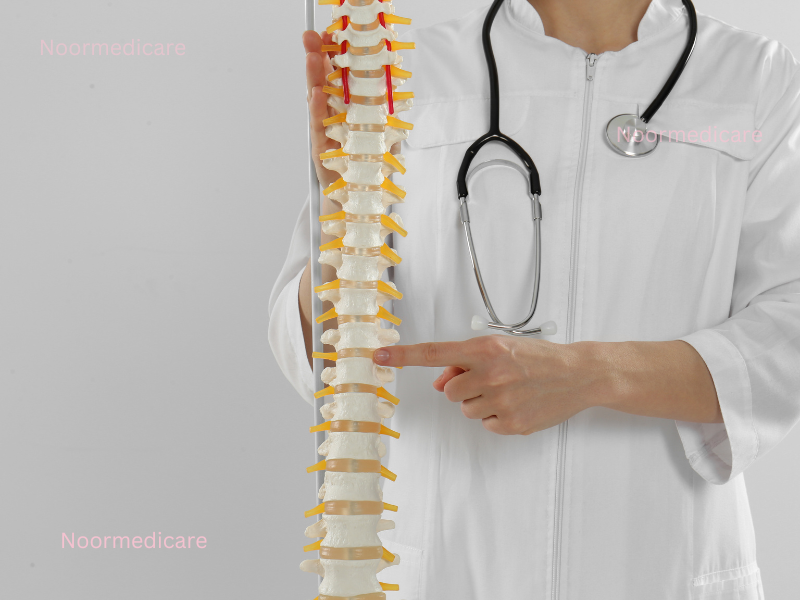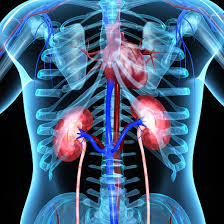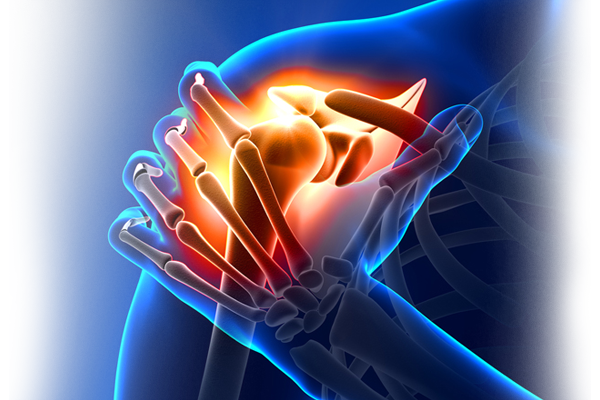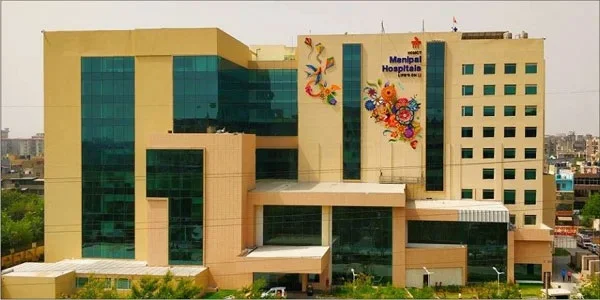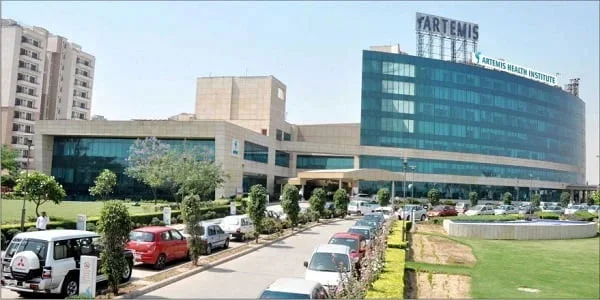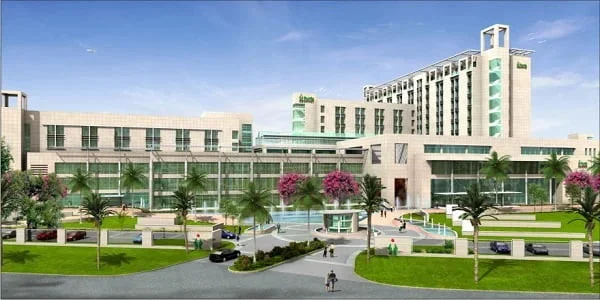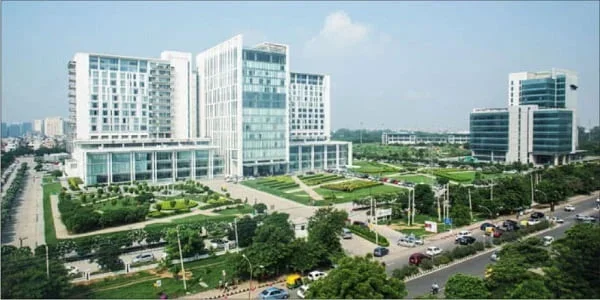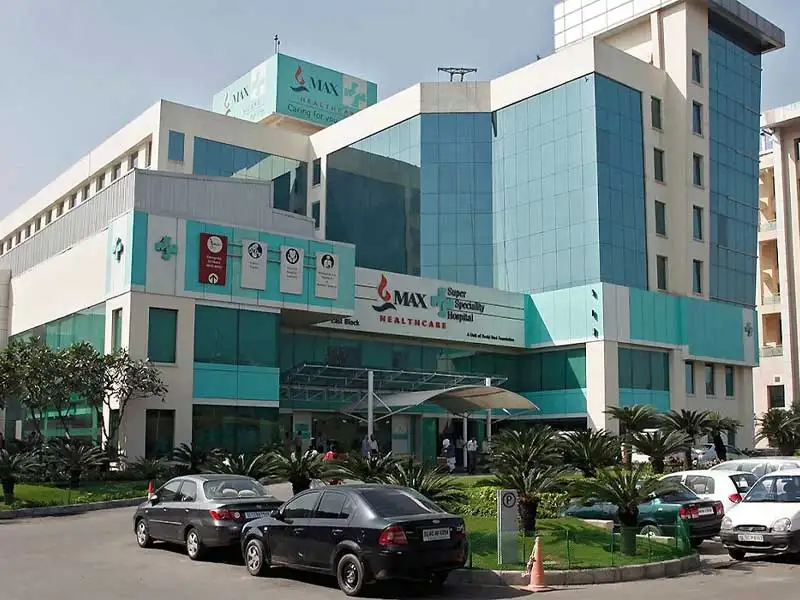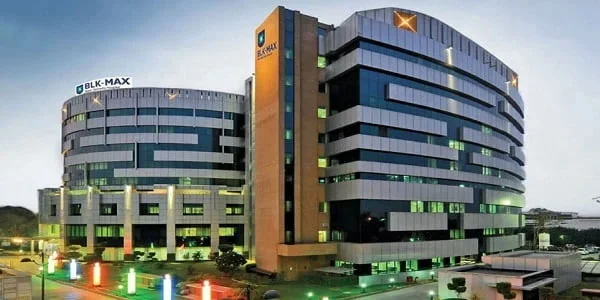Spinal Surgery
Spinal surgery is a general term for any surgical procedure performed on the bones (vertebrae), discs, ligaments, or nerves of the spine. It's typically used to address problems that cause pain, numbness, weakness, or other neurological issues affecting the back or radiating to the legs (sciatica).
Here's a deeper dive into spinal surgery:
Reasons for Spinal Surgery:
Spinal surgery is usually considered after non-surgical treatments like physical therapy, medication, and injections haven't provided relief. Some common reasons for spinal surgery include:
- Herniated disc: When the soft cushion between vertebrae (disc) bulges or ruptures, it can press on spinal nerves causing pain, numbness, or weakness.
- Spinal stenosis: A narrowing of the spinal canal due to bone spurs, disc degeneration, or ligament thickening can compress the spinal cord and nerves.
- Spondylosis: Age-related wear and tear of the spine can lead to bone spurs, facet joint arthritis, and stiffness.
- Scoliosis: Abnormal sideways curvature of the spine.
- Kyphosis: Excessive rounding of the upper spine (hunchback).
- Spondylolisthesis: A condition where one vertebra slips forward over another.
- Spinal fractures: Fractures of the vertebrae can cause instability, nerve compression, or deformity.
- Spinal tumors: These can be cancerous or benign and may require surgical removal to prevent neurological damage.
Types of Spinal Surgery:
There are various types of spinal surgery, each designed to address specific problems. Here are some common procedures:
- Microdiscectomy: Minimally invasive surgery to remove a herniated disc fragment compressing a nerve.
- Laminectomy: Removal of the back portion of a vertebra to create more space for the spinal cord and nerves.
- Discectomy and fusion: Combines disc removal with spinal fusion for added stability.
- Spinal fusion: Uses bone grafts or implants to permanently connect two or more vertebrae for stability. This can address instability, deformity, or fractures.
- Kyphoplasty: Injects bone cement into fractured vertebrae to restore height and reduce pain in kyphoplasty.
- Vertebral body tethered decompression (VBTD): A newer procedure that implants a device to distract and open the spinal canal for decompression without fusion.
Recovery from Spinal Surgery:
The recovery time from spinal surgery varies depending on the type of procedure performed and the severity of the underlying condition. Minimally invasive surgeries may allow for discharge from the hospital within a day, while more complex procedures may require a longer stay.
Most people will experience some pain and discomfort after surgery, which can be managed with medication. Physical therapy is a crucial part of recovery to regain strength, flexibility, and improve core stability to support the spine.
Risks and Complications of Spinal Surgery:
As with any surgery, there are risks and complications associated with spinal surgery, such as:
- Infection
- Bleeding
- Nerve damage
- Blood clots
- Spinal fluid leak
- Failure to achieve desired outcome (persistent pain, instability)
If you're experiencing back pain or other spinal problems, it's important to consult a doctor to discuss treatment options. They can help determine if conservative measures are appropriate or if spinal surgery might be the best course of action for your specific condition.
